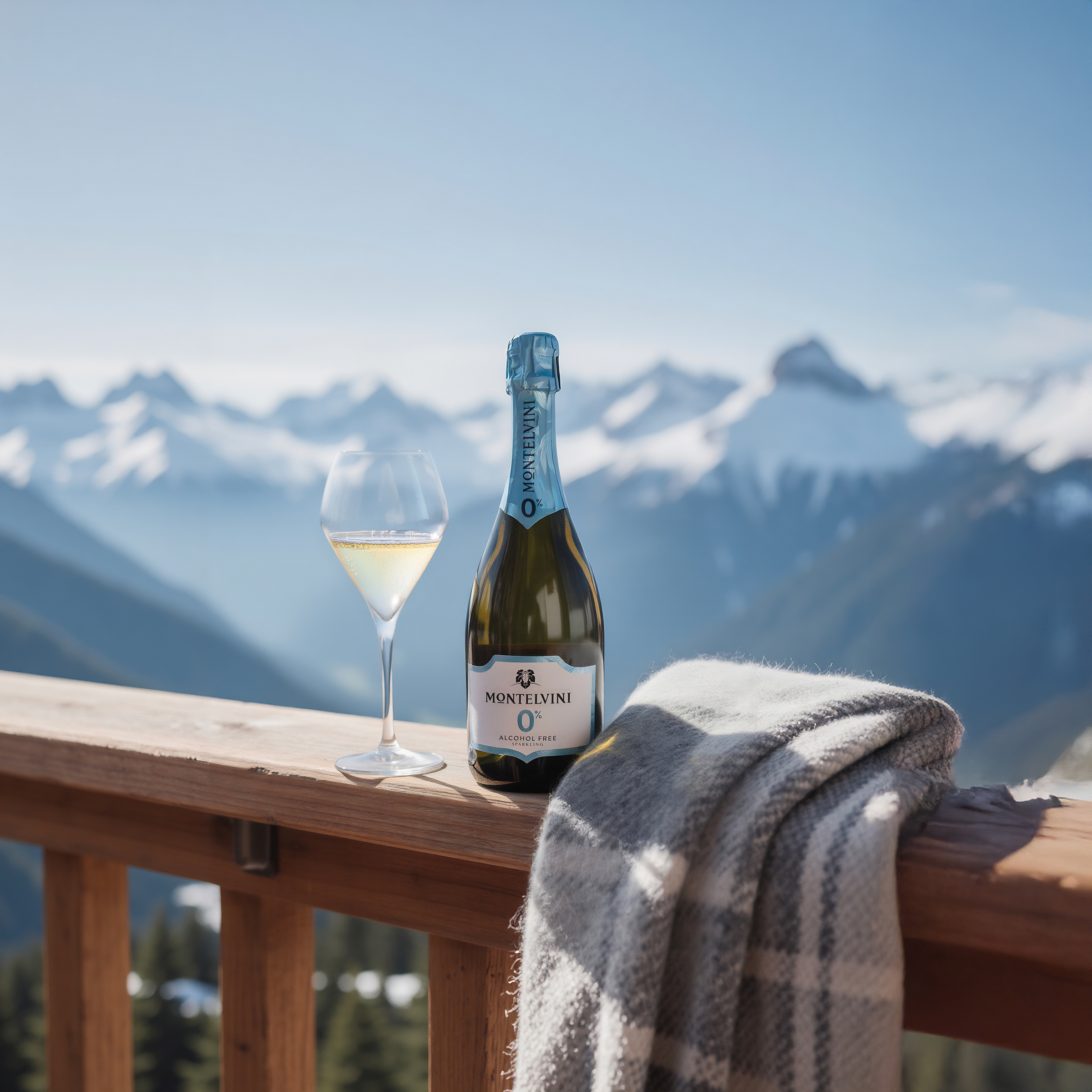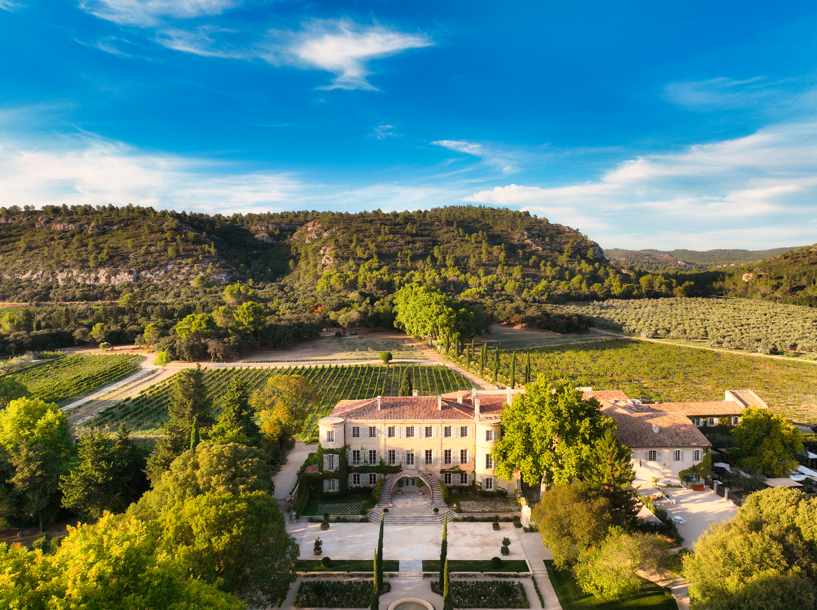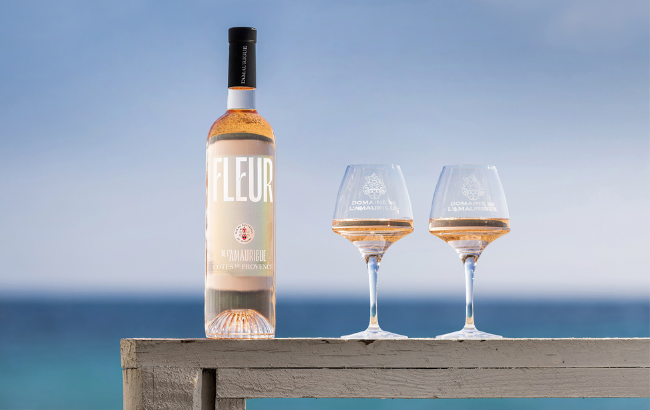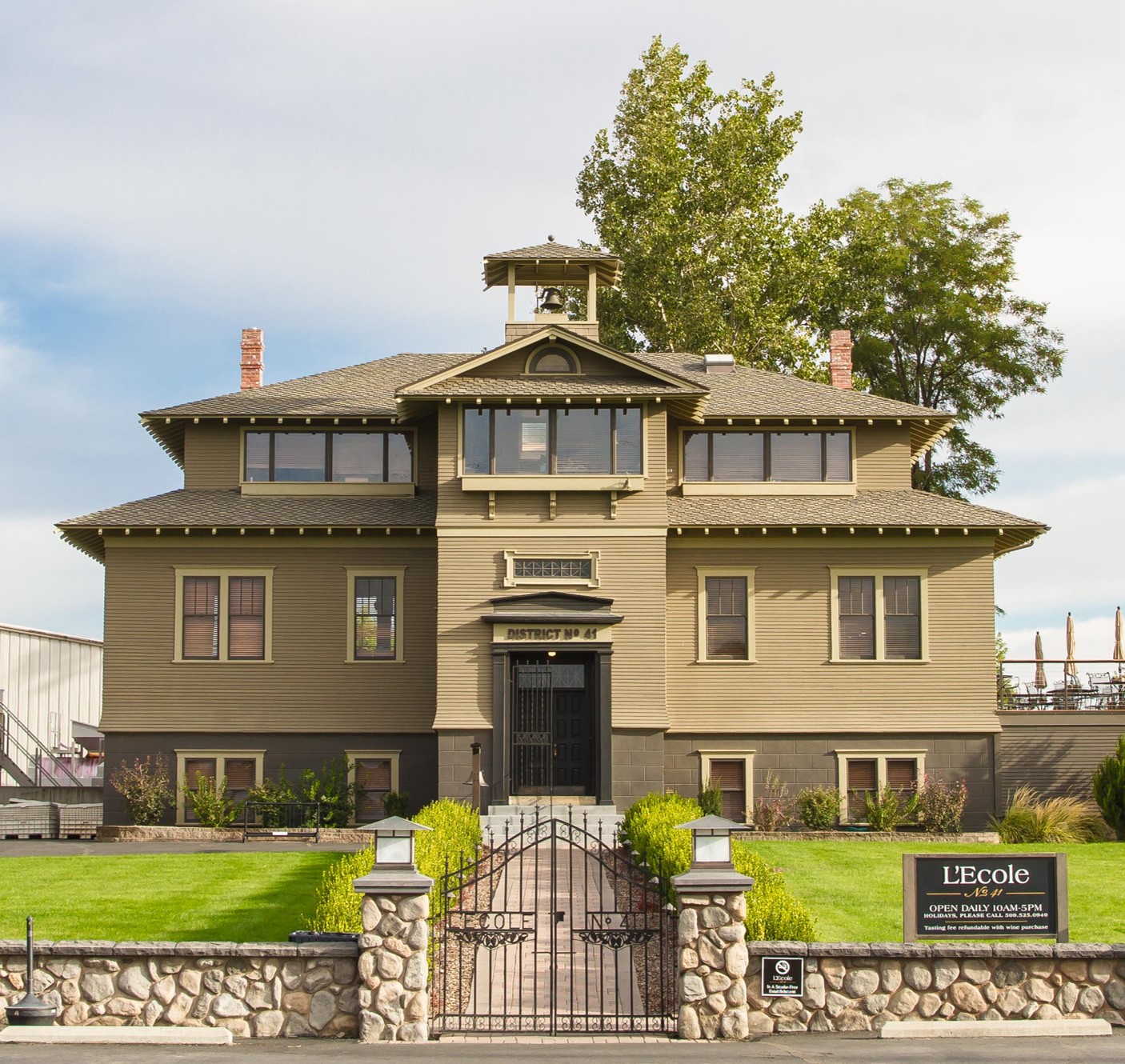What happens to Royal warrant holders on the death of the monarch?
Glimpsing the Queen’s coat of arms on products is a familiar sight – from pouring cereal into a bowl in the morning until pouring yourself an evening drink, but following the sad news of the death of Queen Elizabeth II, what happens to the royal warrants holders?

Holding a royal warrant is a big deal – the honour dates back to the royal charter of the 12th century, and companies can only apply for a Royal Warrant after they’ve been regular suppliers to the Royal Household for a period of years. Once accepted, warrant holders can display the royal coat of arms and the words ‘By appointment’, for five years, although shortly before it is due to expire a decision is made whether or not to renew it for another five year period.
Warrants were granted by the late Queen, the late Duke of Edinburgh and also HRH the Prince of Wales, but traditionally Royal Warrants become void upon the death of the grantor, meaning only those granted by the Prince of Wales – now King Charles III – are now current. However brands can continue to display the coat of arms for two years.
Until the flag was lowered to half mast at Buckingham Palace yesterday, 27 or so of the 875 Royal Warrants were drinks-related, including a mixture of specific drinks brands and wine merchants, which gave a glimpse into her late Majesty’s favourite tipples.
These included Dubonnet (awarded in November 2021), Martini Vermouth, Pimm’s, Sherry brand Harveys, Graham’s Port (Symington Family Estates), Taylors Port, Hine Cognac, and whisky producers from John Dewar & Sons, Johnnie Walker, Matthew Gloag & Sons (makers of The Famous Grouse, which is part of Edrington), Royal Lochnagar’s Highland Single Malt Scotch Whisky (part of Diageo). She had also awarded warrants to a plethora of Champagne Houses, including Champagne Bolinger (who has the longest unbroken record as a warrant holder), Champagne Pol Roger (who gained the accolade earlier) , Champagne Lanson, Champagne Mumm, Krug, Champagne Louis Roederer, Moët & Chandon, Veuve Clicquot.
Partner Content
The Windsor & Eton Brewery was another warrant holder, alongside soft drinks producers James White Drinks and Schweppes, Angostura, and Tasbasco maker McIlhenny Company.
Meanwhile wine merchants holding the Royal Warrant included Berry Bros & Rudd, Corney & Barrow, Justerini & Brooks, Lea & Sandeman, and supplier Walker & Wodehouse Wines, along with upmarket grocers, Waitrose, Fortnum & Masons and Partridges, and Selfridges Food Hall.
In addition a number of businesses held Royal Warrants from HRH Prince of Wales, who is now King Charles III. These include Berry Bros & Rudd, Corney & Barrow, Fortnum & Masons, Juniper Green Organic Gin (since 2007), Laphroaig (since 1994), English sparkling wine producer Camel Valley, Champagne Laurent-Perrier, brewery Shepherd Neame, and Waitrose.
As it is still very early days, it is unclear what happens to these warrants for now – The Royal Warrant Holders Association have notified warrant holder they will be sharing guidelines when appropriate, although no doubt in due course, King Charles III will grant more Royal Warrants, as will the Duke of Cornwall and Cambridge once he is invested as Prince of Wales, as well as the Queen Consort.
Related news
Top 8 Valentine's Day cocktails to get you in the romantic spirit
Hand & Flowers bar manager launches rum brand
Stefflon Don teams up with Chivas Regal on new whisky bottle




